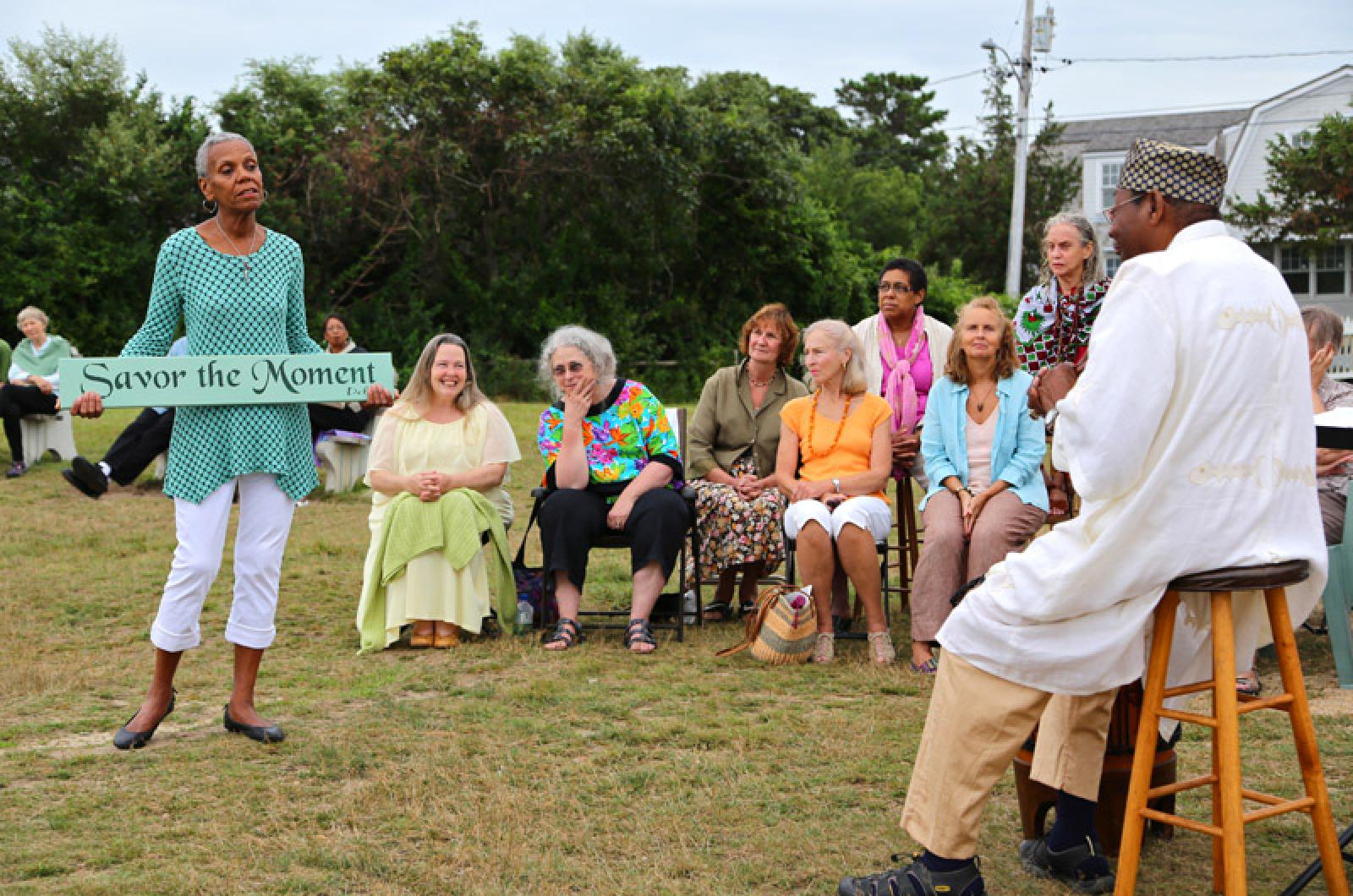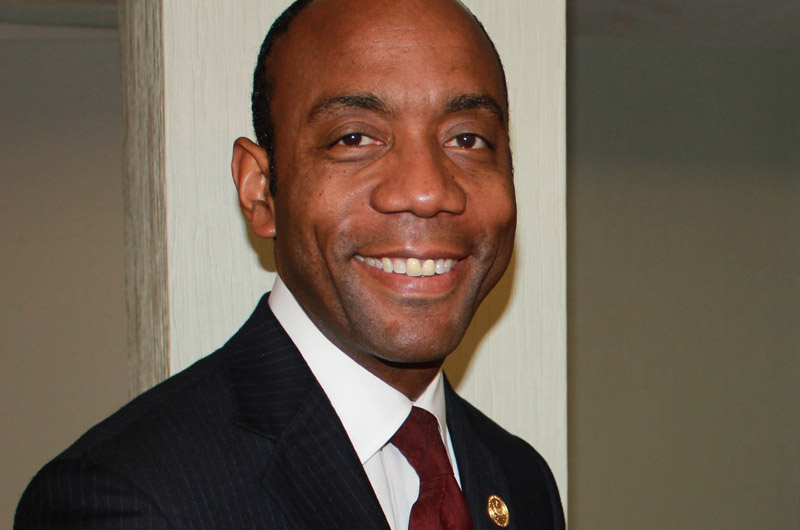Cornell William Brooks considers our country to be in the middle of a new civil rights movement. “If we think about a form of racialized violence being played out in a kind of Shakespearean tragedy called police misconduct and brutality, that kind of violence is not something people only think about but also feel in terms of apprehension for their children and disappointment in their country,” the civil rights attorney and president and chief executive officer of the NAACP said in a telephone interview this week.
And he thinks of the Vineyard as an ideal place for a conversation on the topic. “Here you have an assemblage of artists, writers, policy makers who are looking to renew and refresh their spirits during the summer months,” he said. “It’s a good time to have this important conversation and make a connection between advocacy in the streets and the arts. There are few places in the country where you have so many thoughtful people gather to feed the spirit and the minds while recreating in the same moment.”
The conversation continues Saturday, when Mr. Brooks will be the keynote speaker at the annual Della Hardman Day celebration in Ocean Park. The event begins at 4 p.m. The day honors the late artist, educator, historian and Oak Bluffs columnist whose favorite phrase, savor the moment, has become a graceful slogan throughout the town during the last weekend in July every year.
The first Della Hardman Day was held in July 2005 as a tribute following her death some months earlier, organized by friends, family, colleagues, students and others whose lives she had touched. Later the town of Oak Bluffs proclaimed the last Saturday of July as Della Hardman Day in perpetuity, to celebrate the arts and the joy of living. Held under a tent in the iconic town park, the event is free and open to the public and will include a cake reception.
Della Hardman was well known for her belief in art as a powerful vehicle for advocacy and social change. Similarly, Mr. Brooks noted, the NAACP works with popular artists and musicians, such as singers John Legend and Beyonce, whose support of political, educational, social and economic equality for all citizens is integral to society’s advancement on these fronts.
“It is important for artists to help shape how people feel. It is not enough for the citizenry to think about reform, it’s also important that they feel it,” he said.
Ms. Hardman would be pleased to know that adults aren’t the only ones thinking about social inequality. Young activists voiced their thoughts through an annual springtime essay contest, whose theme this year was: “What can be done on this Island to fight injustice?” In her winning essay Kaitlyn Marchand, a senior at the regional high school writes: “Kids need to go to school and learn the importance of being humans and that we are all equal, no matter our origin, skin color, or diseases and disorders.” Elliot Ferland, another essay winner, wrote: “Injustice stops when a person speaks up . . . Because Rosa Parks spoke up, the start of the end of injustice that was segregation began.”
Mr. Brooks praised the essay winners.
“Asking young people to write and think about justice and injustice is the perfect way to honor the past and to get people to think critically about the present, which is what the NAACP’s work is all about,” he said.
Martha’s Vineyard also will offer Mr. Brooks a short respite before he embarks on an 860-mile march from Selma, Ala., birthplace of the voting rights act, to Washington D.C. “I don’t think I was invited to pay homage to the past but to issue a challenge for the present and the future,” he said.






Comments (1)
Comments
Comment policy »